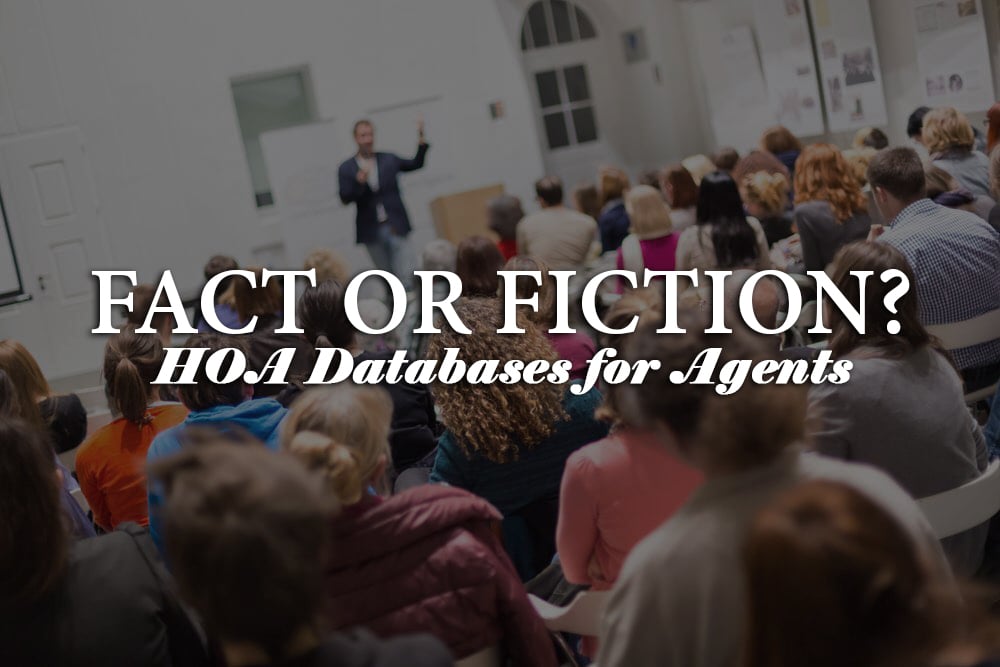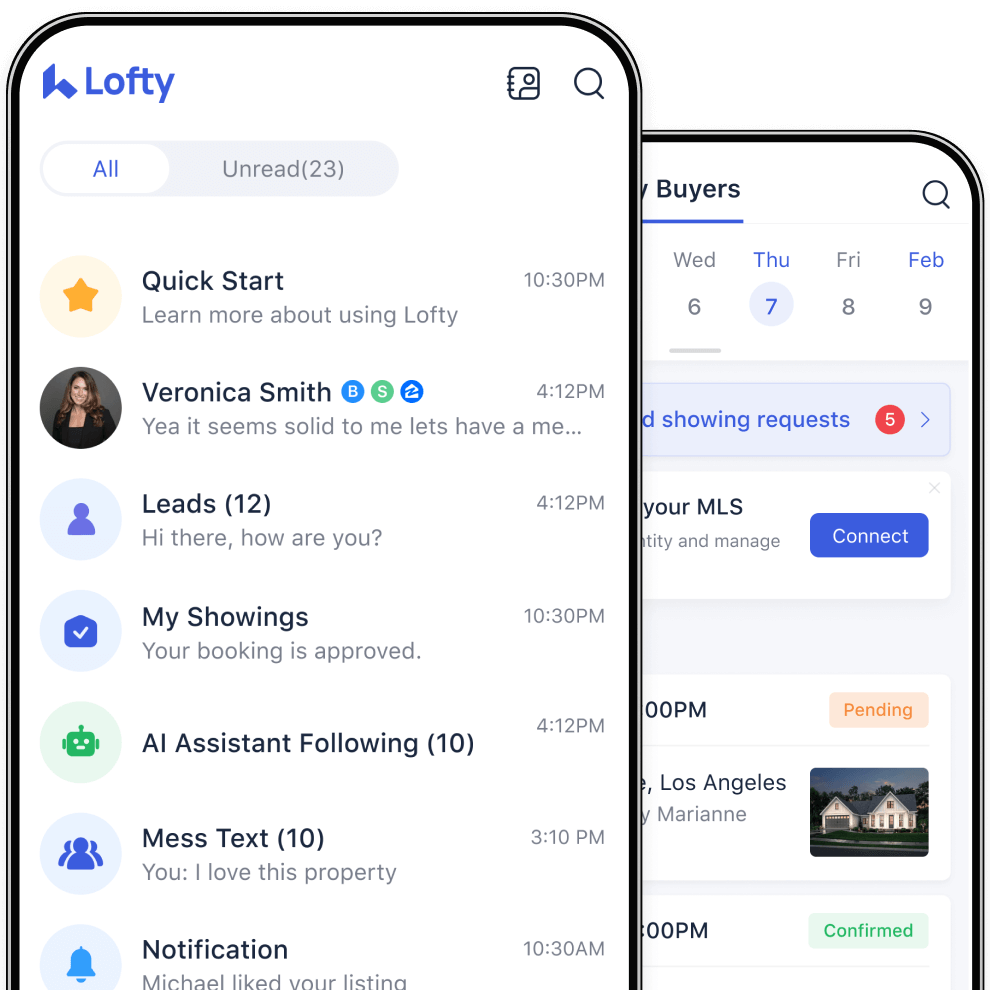A National Homeowner’s Association Database for Agents: Fact or Fiction?

Homeowner’s associations are infamous in the real estate industry. Horror stories of overzealous board members, onerous regulations, and kangaroo courts are the reason why HOAs are the largest elephants in the room for agents and their clients. To help demystify the future for your prospects, one solution is already in the works. But before we reveal the national homeowners association database for agents, let’s understand the pros and cons of HOAs.
HOAs tend to get a bad rap in the home-buying community, so it’s easy to be confused about why homeowners’ associations are even necessary.
Today, homeowner’s associations manage roughly 20% of the national housing stock. They were implemented as a transitional board between the housing developer and first occupants, who insured mutual return on investment and are classified as non-profits. The underlining purpose of an HOA is to insure the upkeep and quality of homes and the surrounding community. Prospects who are looking to buy a home that resides in an HOA’s jurisdiction must join the association, pay the dues, and abide by the rules, as known as the Covenants, Conditions & Restrictions (CC&Rs).
The pros and cons to HOAs are a double-edged sword. Rules and regulations help maintain a strict standard of appearance, which includes what exterior colors a house can be painted to what types of cars can be parked in the driveway. HOAs help maintain property values but are not a great idea for homeowners who seek independence. HOAs can prevent your neighbor from installing high powered spotlights, but they can also run repair rackets and implement fees for rational parking jobs.
Ranging from $200 to $400 per month, homeowners’ associations are often seen as just another drain on the bank account. But why are they so expensive, and what can they offer to the homeowners that feel so unlucky to be a part of them? All of this information can be found in the HOA’s CC&Rs, which can be full of clunky and confusing terms that do not inspire a homeowner just looking for the pool rules to read too far into it.
HOAs are also reluctant to hand over important information, which often includes contact information, dues, pay periods, and even the much needed CC&Rs.
Unfortunately, most HOAs are underfunded, which although primarily affects condominiums and townhouses, can fuel a breeding ground for mismanagement and even favoritism.
Enter the national homeowners association database for agents – a tool for real estate agents looking to make the relationship between homeowners and their associations easier and more transparent. The database is quickly ramping up to include nationwide coverage (they’re set to start up in Florida and Maryland this month), so anyone looking to learn more about their association will finally have the ability to do so. The database can streamline the home search process, as well. Agents can search for HOA information on the properties they’re showing to their clients, offering more insight into what it would be like to live there.
The national HOA database will offer management information and contact numbers, neighborhood bylaws, rules, dues, schedules, and any other information that is available that increases transparency. With even more to come as the database comes online, this may be the beginning of happier and healthier homeowner-HOA relationships.
